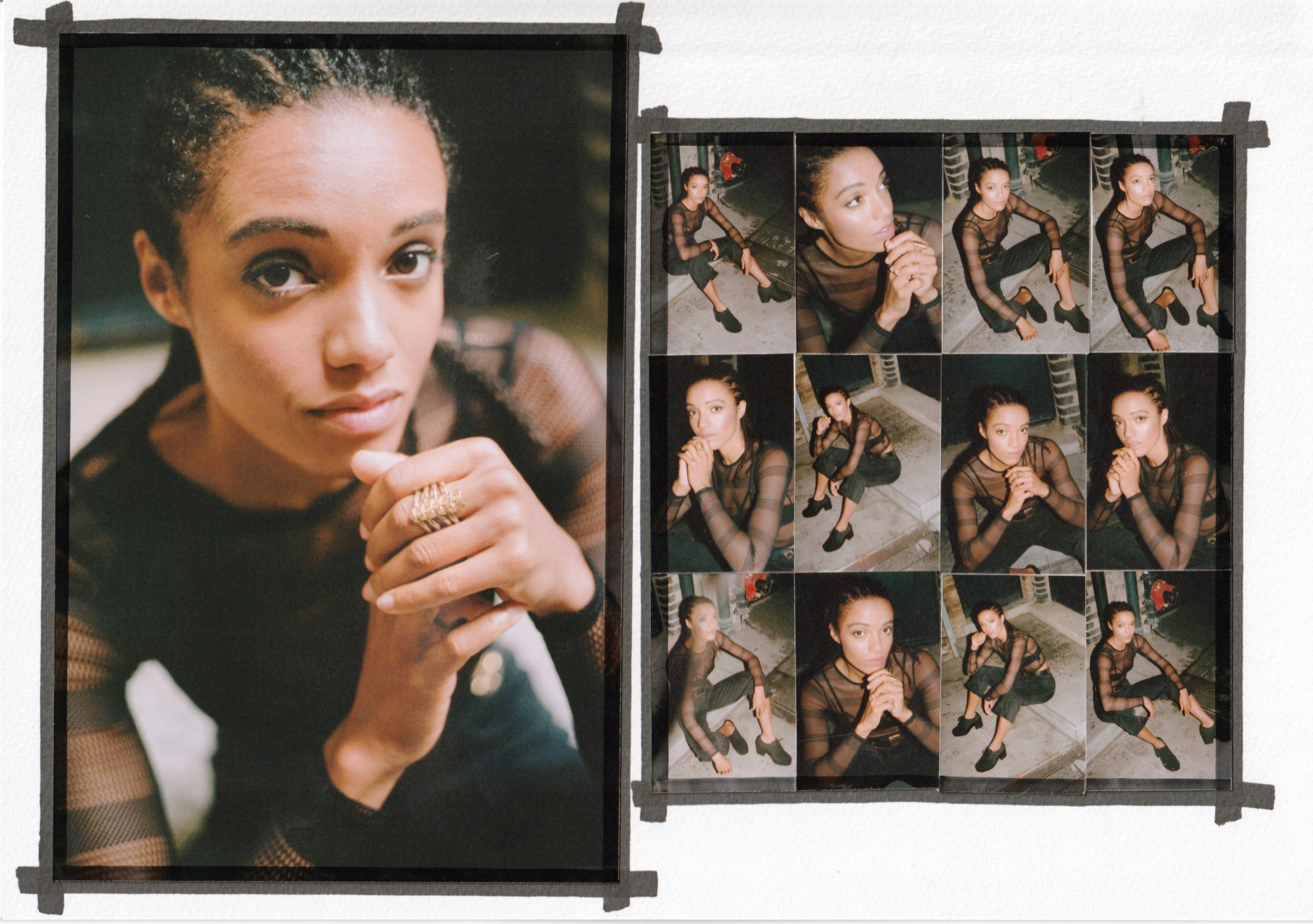British actress Maisie Richardson-Sellers is fast becoming one to watch. Born to a family of actors, a career in the creative arts was always in Maisie’s blood. After graduating from Oxford university with a BA in archaeology and anthropology, where she starred in and directed numerous plays, she moved back to London and began auditioning for roles, landing her first cameo appearance in 2015’s Star Wars: Episode VII — The Force Awakens, as one of the Resistance’s main military officers, Korr Sella. Since then, she’s starred in cult vampire show The Originals, biblical drama Of Kings and Prophets and sci-fi show Legends of Tomorrow, opposite her real life mother Joy Richardson, who coincidentally plays her character’s superhero ancestor.
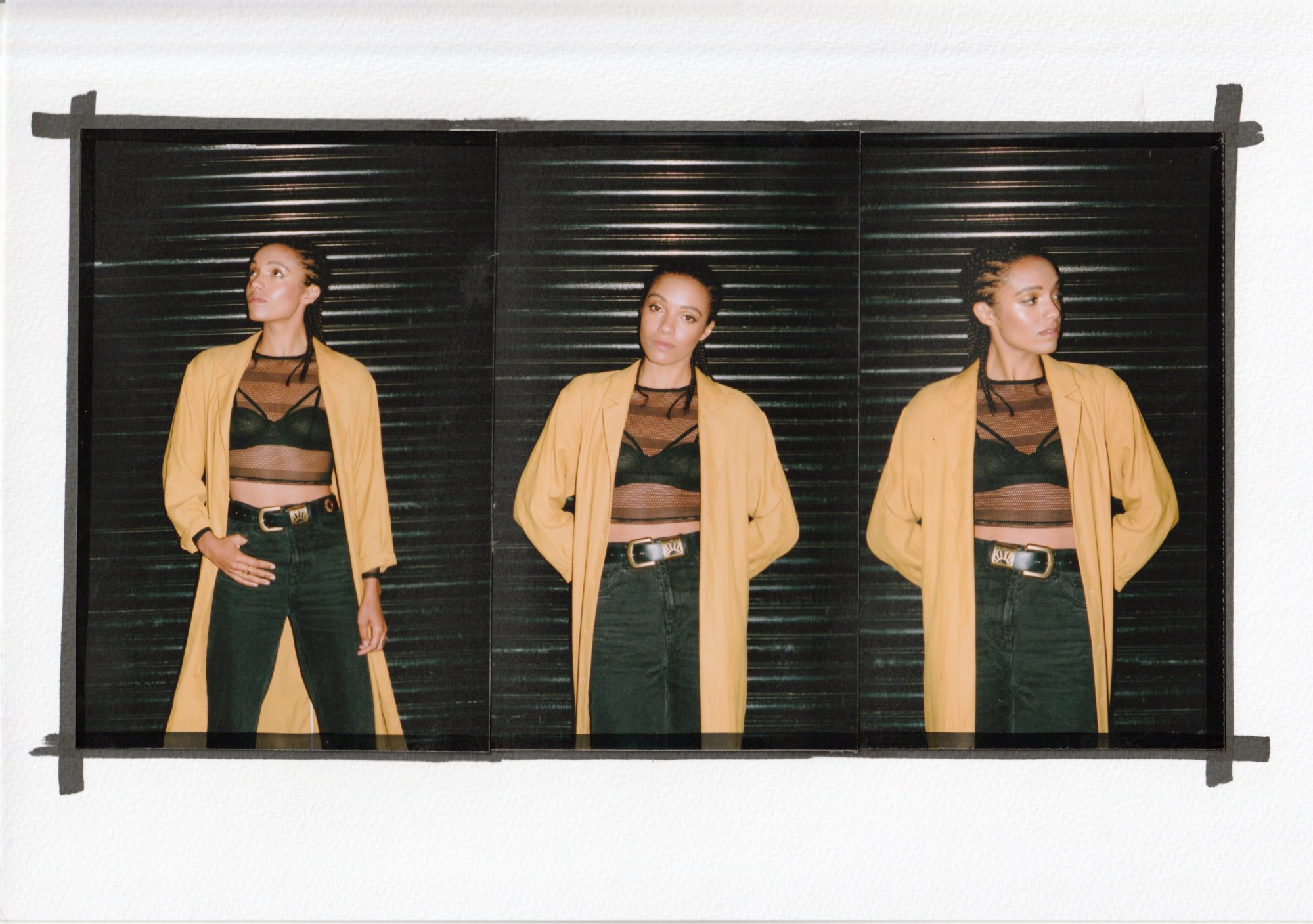
She’s currently taking on her first West End role in 3Women— the new Katy Brand comedy about the cultural expectations put on women in the 21st century, from the perspective of family dynamics. Aside from acting, Maisie is a big advocate and activist of LGBTQ+ and women’s rights issues, regularly posting about her work with the feminist platform Shethority. Here Maisie talks the importance of female power and why we must never let it be subdued by others.
The best thing about being a woman is sharing the experience with other women. There’s something so magical about female identifying humans coming together and sharing their joys, challenges, vulnerabilities and strengths within supportive communities. I feel incredibly fortunate to be a part of these diverse spaces.
The hardest thing about being a woman is living in a patriarchy. It’s a daily battle to be seen, treated and listened to as an equal. It is within the power of every member of our society to work to uplift each other and ensure equality and justice for all, regardless of gender, race, sexuality or ethnicity, so I make a conscious effort to practice this daily.
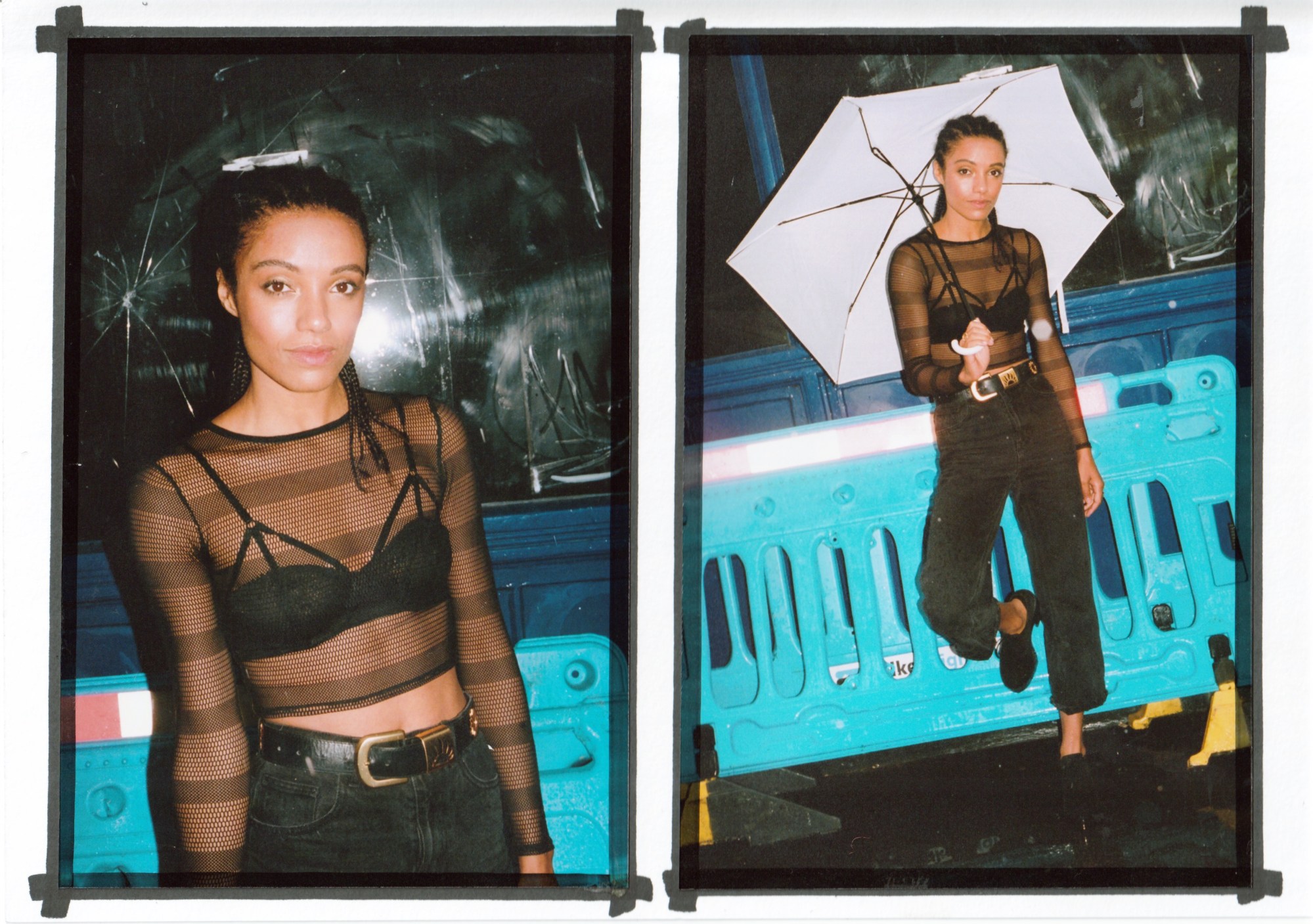
The best advice I’ve ever received about human bodies is about the diverse ways that cultures past and present have appreciated, adorned, transformed and celebrated human bodies. I learned this from a class I was taking while studying anthropology at university. I found it extremely refreshing to decentralise the western perspective and to acknowledge that there have been a plethora of different bodily ideals, meanings and languages in the history of humanity. This helped me take ownership of my body and treat it and adorn it in ways that makes me feel like my best self inside and out, rather than focusing on social expectations or norms.
When I was 16 I had the totally wrong idea about love. I’ve since learned the power and importance of communication, honesty and trust within a relationship, and how transformative these pillars are to all forms of interaction.
The book or film that’s taught me the most about being a woman is a combination of all of them! I learn from the stories I hear. Every book or film has a very personal experience of being a woman as told by the characters or the writer. A recent special one though was All About Love by bell hooks, which is a fascinating and deeply refreshing examination of the female experience of love, in its many forms.
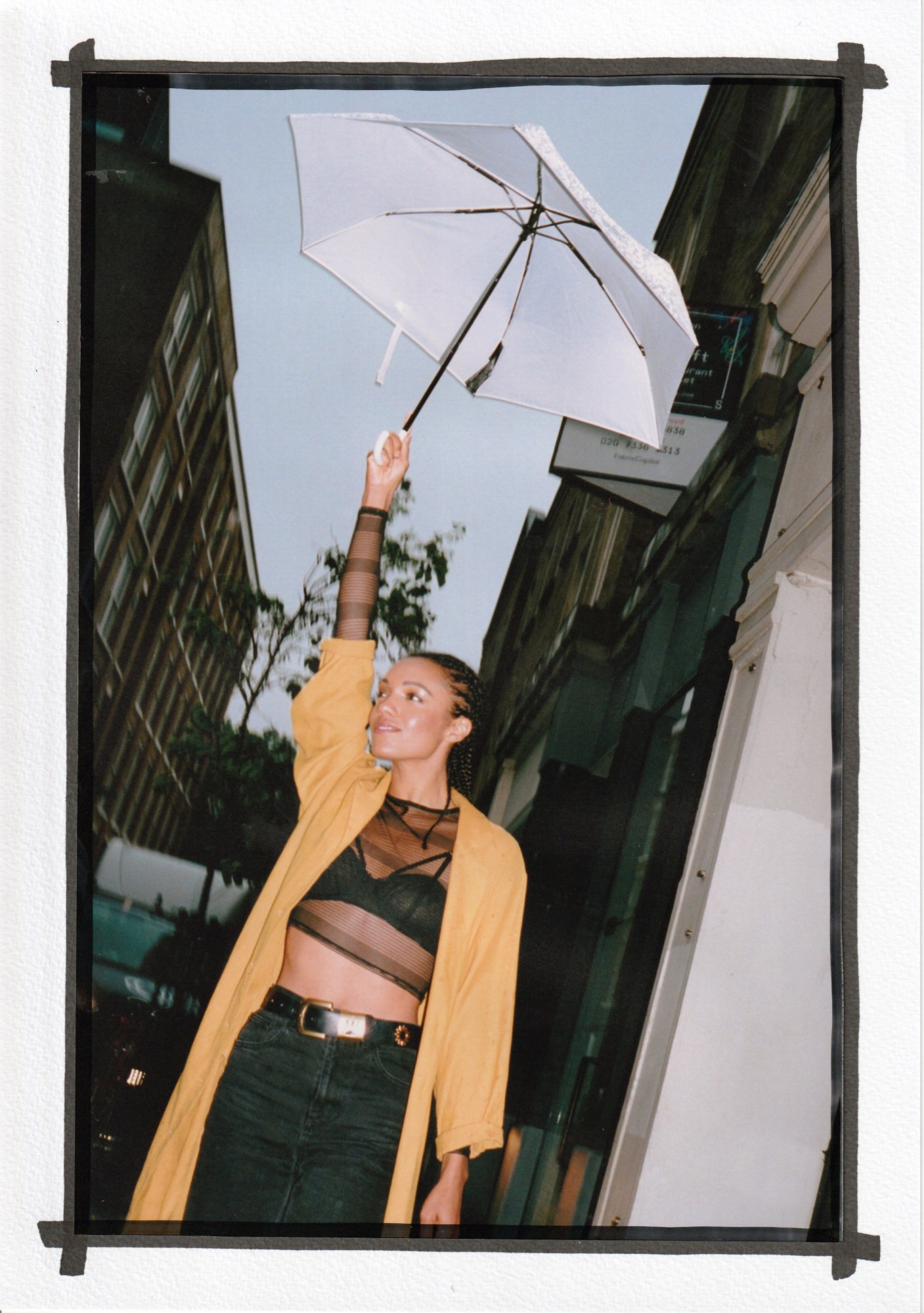
The most unexpected thing I’ve learned about being a woman is just how much power we have within us. We are often taught by society to focus on our weakness and limitations. However, the more women I meet, the more life I live, the more I read and learn, I am quickly learning that the strength of a woman is a multifaceted phenomenon with boundaries that can be pushed and shattered through necessity and self belief.
To me, feminism means working to ensure equity, both between the sexes and among women. Intersectional feminism is crucial to me, as experiences and limitations faced by women cannot be blanketed across race, culture or economic status, and therefore neither can the ways we go about solving them.
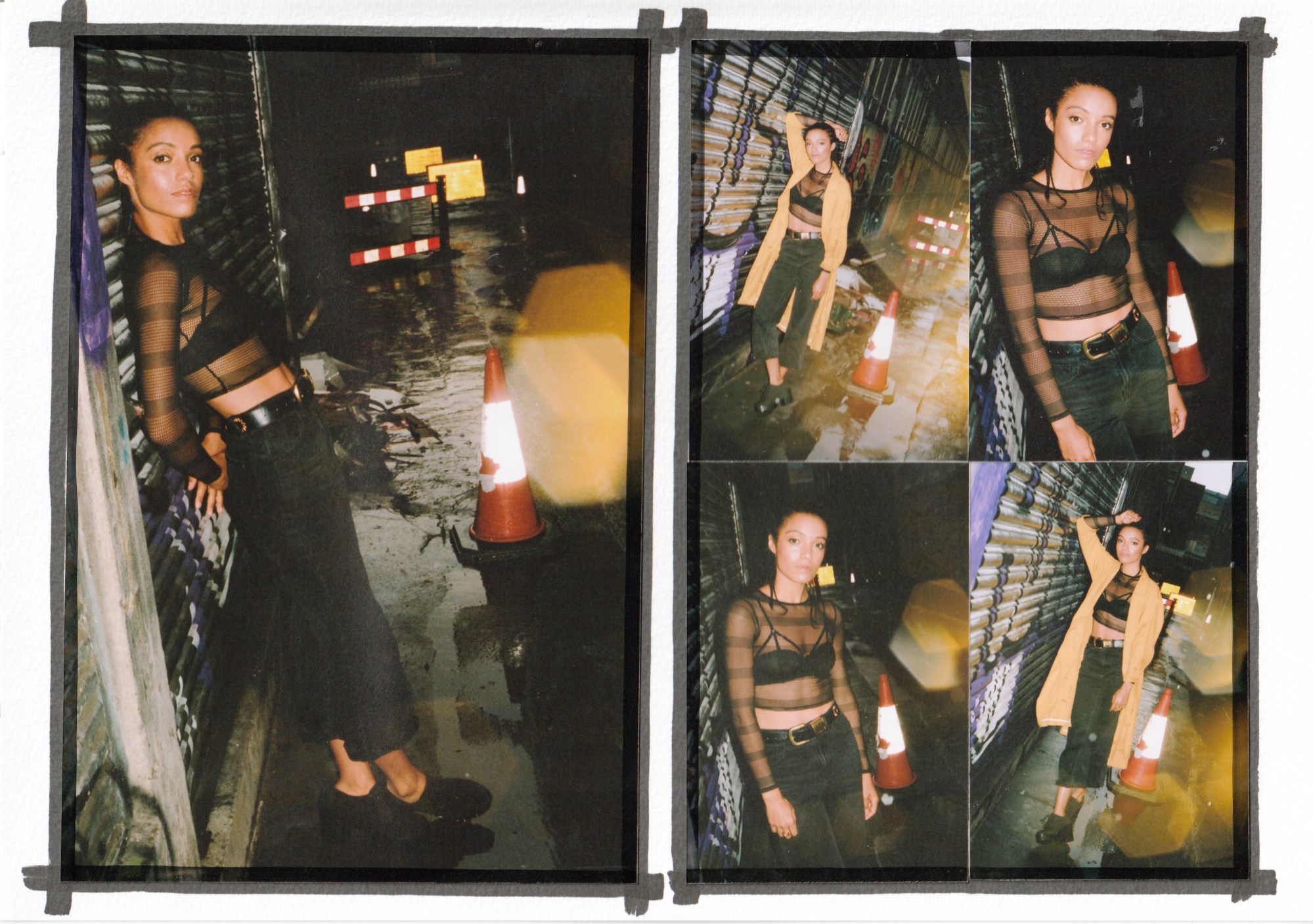
Finding inner freedom is an ongoing conversation with myself, and what it means changes in every context. I find that the boundaries and limitations I impose upon myself are those that hold me back the most, and so by realising them, acknowledging them and then working to dismantle them, I continue to work towards freedom.
The best song about being a woman is the poem Phenomenal Woman by Maya Angelou, the first thing that came to mind. Feel free to sing it loud and clear.
The women I admire most are my mother, grandmother and Maya Angelou — phenomenal women in all senses of the word. They have deeply inspired my daily life. I have also met so many women on my travels who have blown me away with their resilience, passion, intuition, survival and talent. The everyday fighters I interact with are just as inspiring as famous names, so I try to stay as open and receptive as possible to encounters with strangers.
The best thing about getting older is learning to slow down and be present in the moment. I’m still a long way from perfect at it, but it is refreshing to start to let go of certain pressures and anxieties that came with youth, and to place my fears within a wider perspective than I used to.
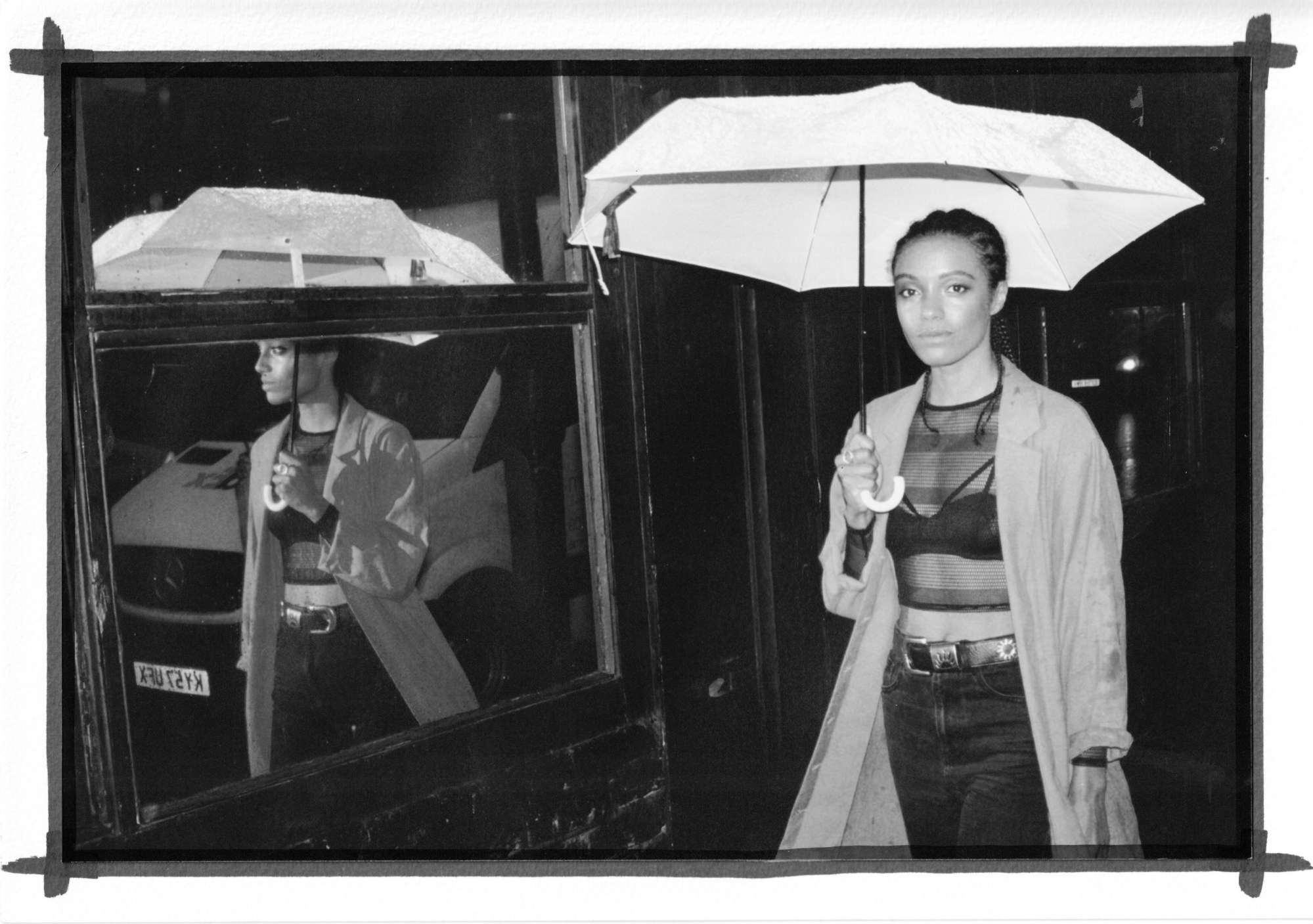
The biggest lie about getting older is that it’s scary. It’s wonderful! I’m slowly working through the confusion and learning to enjoy the challenges.
I feel like a grown-up most when I’m paying bills and doing a food shop alone.
If I could be another woman for a day I would love to experience having an incredible voice, so I would be Etta James in the 60s. I’d belt out every conversation, write a hit or two, perform at an arena and then have dinner with some other contemporary legends.
I’m happiest when I’m immersed in nature with my partner. Ideally sitting outside a cosy cabin in the middle of nowhere, free from technology, the sun blazing, with an incredible book and fire pit for an evening under the stars.
Love looks like the moment after the sun dips below the horizon and the whole sky transforms.
Love feels like the heat on my skin when stepping out of a tropical ocean.
Love smells like wild roses stumbled upon on a long country walk.
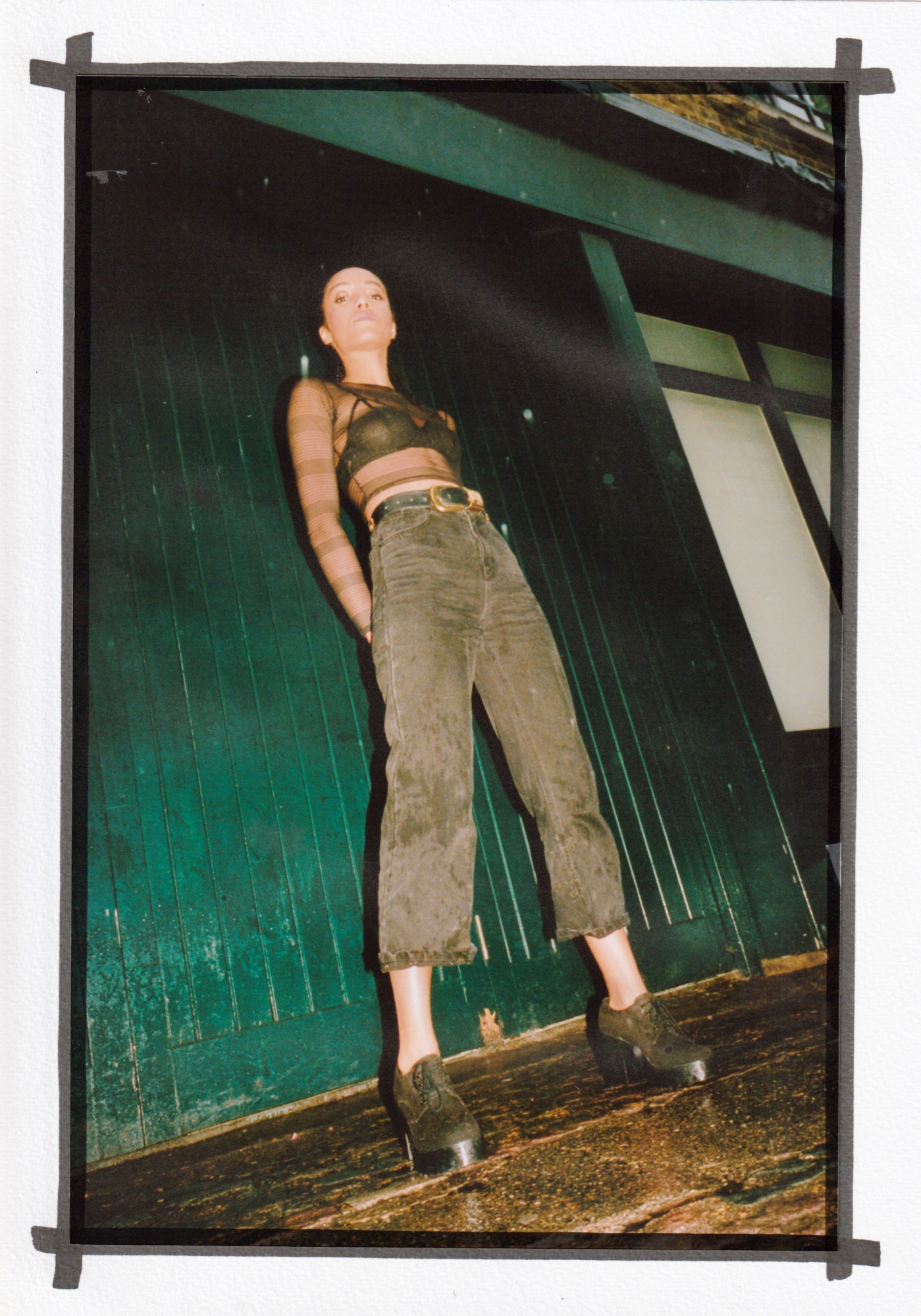
Lateefah Simon asks: How do you get closest to “the divine”? Personally I feel closest to “the divine” when I am connected to nature and tapped into the energy forces that flow among living things and the universe we inhabit. I also find it healing and transformative to connect to, and feel the divine feminine flow within myself and other women.
My question for the next woman doing this column would be: What acts of self care help keep you above water?
Credits
Photography Finn Constantine
Make-up Charlotte Yeomans
